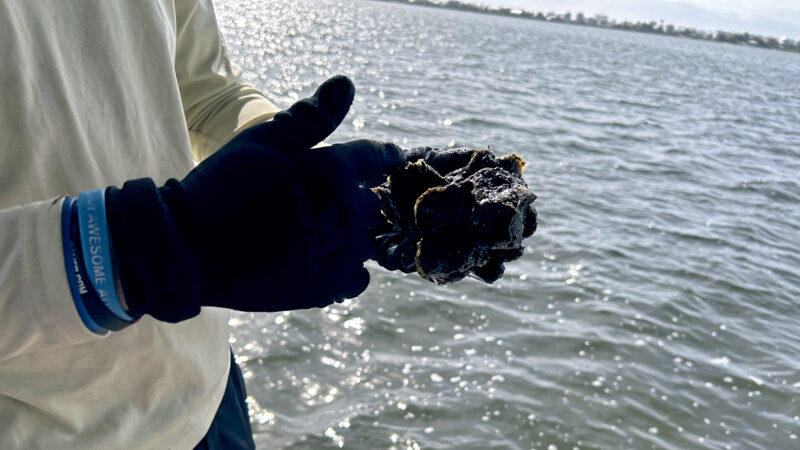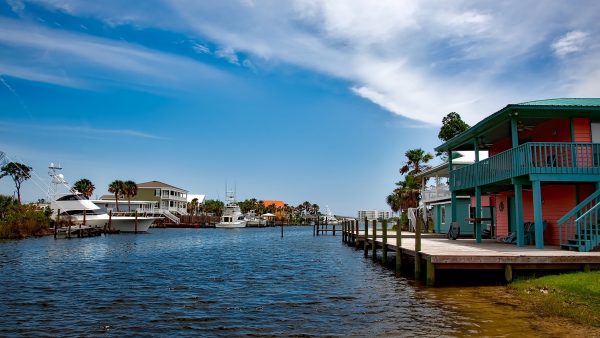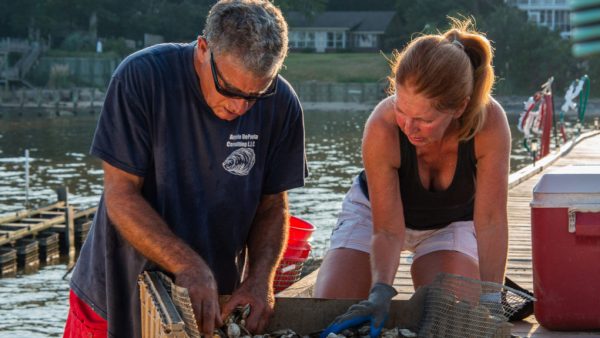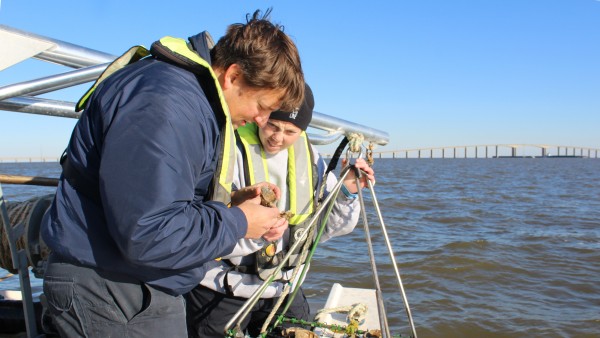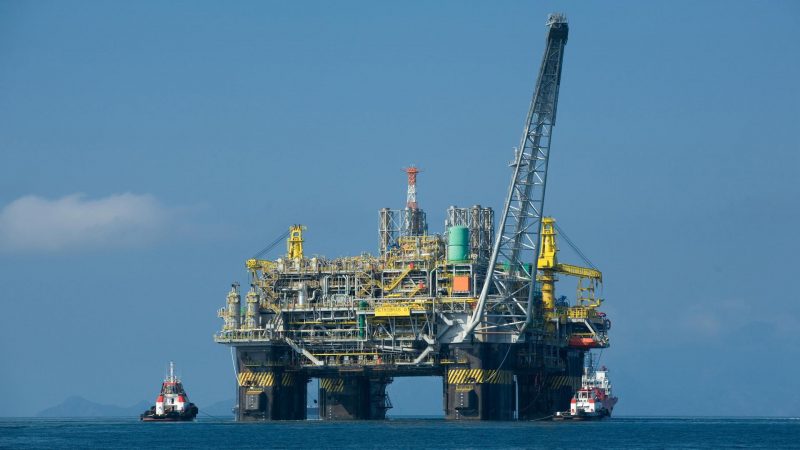Oysters
From sea to table to sea: How recycled oyster shells are restoring the Alabama coast
Gulf South oyster reefs are fading because of the changing climate. Alabama hopes to reverse this by using recycled shells to grow oyster gardens.
‘Life Raft’ Explores Climate Change In The Gulf Region
Life Raft is a new podcast answering questions about climate change and relieving some of the stress that comes along with all of it.
What Climate Change Could Mean for Alabama’s Coast
Climate change has far reaching effects. A new series from Birmingham Watch looks at what climate change could mean for Alabama's coast.
Changing Climate: In Pursuit of the Disappearing Alabama Oyster. Will They Ever Return?
Oysters, one of the vital signs of the health of Alabama’s coastal waters, were once a jewel of the state’s economy and a local delicacy. Now, wild oysters from the Mobile Bay area have almost entirely disappeared. With few exceptions, the oysters most of us now enjoy originate elsewhere.
Despite Restoration Efforts, Alabama Oysters Reach Historic Low
With Alabama oysters at a historic low, scientists involved in restoration efforts are finding that what has worked before is no longer working. Now, state biologists are trying something new.
Gulf Coast Consortium: the BP Oil Spill
On April 20, 2010, the Deepwater Horizon exploded in the Gulf of Mexico, resulting in the largest accidental marine oil spill in the history of the petroleum industry. The "BP Oil Spill", as it came to be known, killed 11 men, injured another 17 and sent nearly 5 million barrels of oil spewing into the gulf until it was capped three months later. WBHM partnered with public broadcast outlets across the Gulf Coast region to create the Gulf Coast Consortium, a multi-media project to expand reporting on the spill. You can access our stories here.

